The very notion that disorder can lead to growth and evolution is unthinkable to most business leaders. But we live in a different world today. Disruption is inevitable, the threats we face are severe, and change is no longer the exception but the rule. Bristlecone, a US-based IT-supply chain company from the Mahindra Group, began evangelising digital supply chain resilience long before the Great Supply Chain Disruption of 2020.
In 2018, Bristlecone debuted its Pulse event at the MIT campus in Cambridge, Massachusetts, with its revolutionary message of antifragility, which described an ability to benefit and grow from volatility. While the term was coined by statistician and author Nicholas Taleb, we brought together business and supply chain thought leaders to explore the concept of an ‘antifragile supply chain.’ Since that time, Bristlecone has worked closely with our customers to put antifragility into action.
The movement continued into 2019, as Bristlecone returned to Cambridge and challenged the industry’s brightest minds to imagine a future where the supply chain is truly limitless. Speakers shared valuable guidance and insight into supply chain innovation and business transformation. Those who took the ideas back to the office and began building a limitless supply chain for the future were better prepared to navigate the COVID-19 disruption and pivot to embrace new opportunities.
The result? The Bristlecone Pulse served as a forum for showcasing supply chain innovation in recent years, and the partnership with MIT has further reinforced the company’s position as an industry trailblazer.
Prior to January 1, 2020, a Google search for ‘supply chain antifragility’ generated about 9,500 results, driven in part by Bristlecone’s innovative thinking. Today, the same search yields about 141,000 results, the vast majority of which also reference the novel coronavirus pandemic or COVID-19.
Clearly, the industry is finally understanding the benefits and jumping on the antifragility bandwagon.
The great pandemic of 2020 brought global supply chains, and all their weaknesses under the limelight. It was a disruption so massive and unforgiving that the entire planet felt the immediate impact and lasting effect. This will long be remembered as the year supply chains were tested like never before.
Years from now, in boardrooms and classrooms everywhere, business leaders and college professors will still be emphasising the criticality of supply chain antifragility and using the novel coronavirus pandemic to illustrate the point. They’ll talk about US-based tech companies that were suddenly cut off from suppliers in China and supermarkets that struggled month after month to keep shelves stocked with household cleansers and paper products. They’ll share stories of companies like Mahindra who joined the fight against COVID-19 — retooling equipment to produce ventilators, masks and hand sanitisers — and life sciences companies that sprang into action to develop a vaccine.
Global businesses are living in a case study of supply chain risk management. The unprecedented disruption to the global supply chain reinforces the need for organisations to build a digitally resilient supply chain for the future.
Bristlecone remains committed to helping them make that happen.
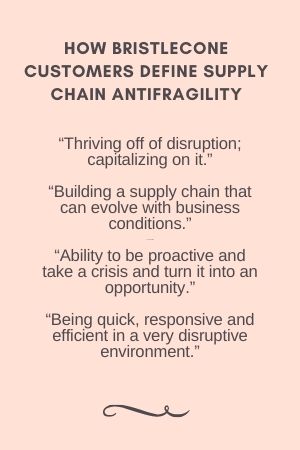
What is antifragility?
The very notion that disorder can lead to growth and evolution is unthinkable to most business leaders. But we live in a different world today. Disruption is inevitable, the threats we face are severe, and change is no longer the exception but the rule.
Enter antifragility, a term statistician and author Nicholas Taleb used in 2012 to, quite simply, describe the opposite of fragile:
“Some things benefit from shocks; they thrive and grow when exposed to volatility, randomness, disorder, and stressors and love adventure, risk, and uncertainty. Yet, in spite of the ubiquity of the phenomenon, there is no word for the exact opposite of fragile. Let us call it antifragile. Antifragility is beyond resilience or robustness. The resilient resists shocks and stays the same; the antifragile gets better.” – Nicholas Taleb, Antifragile, 2012
Antifragile companies have maximised the strategic value of their supply chain. They can sense where change is happening and anticipate downturns. They adapt with ease, rapidly capitalise on disruptions, and create value and positive social impact — even in the face of adversity.
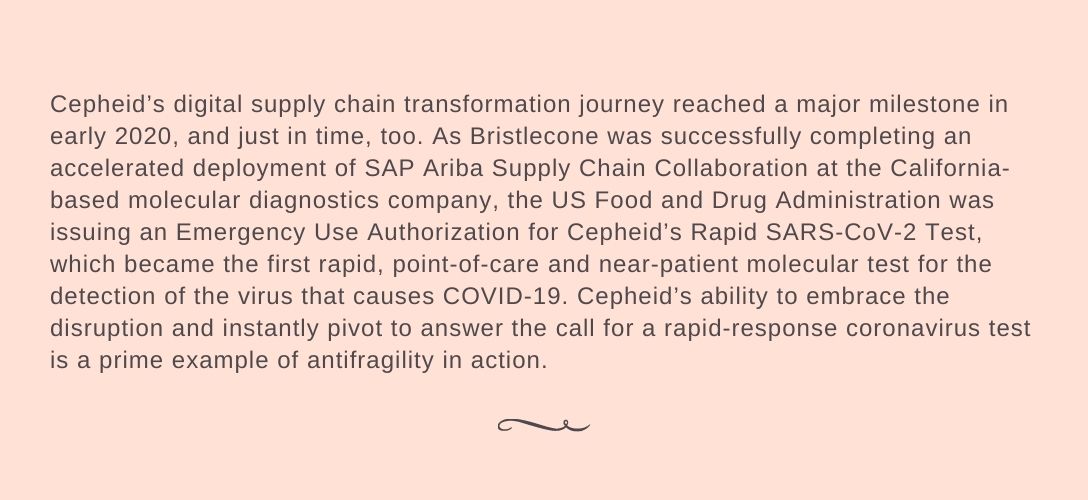
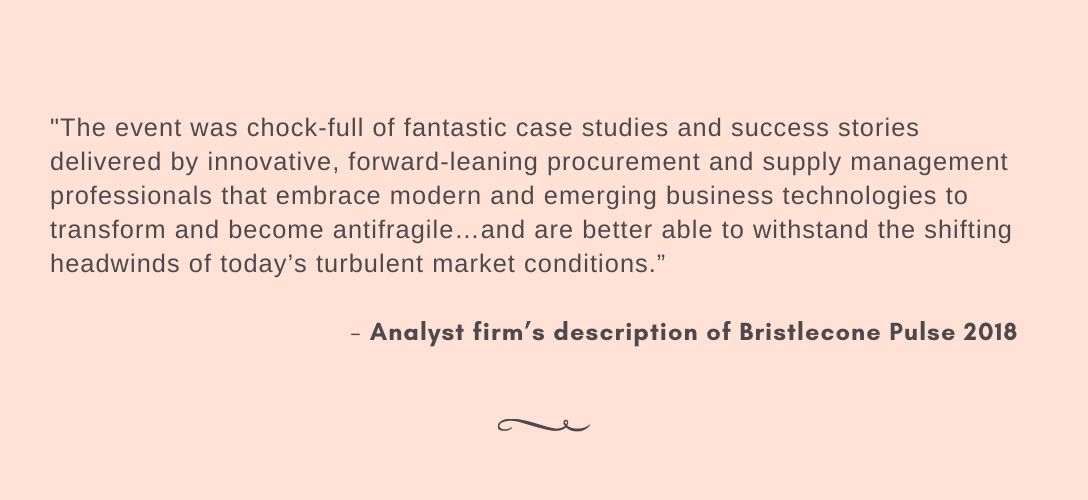
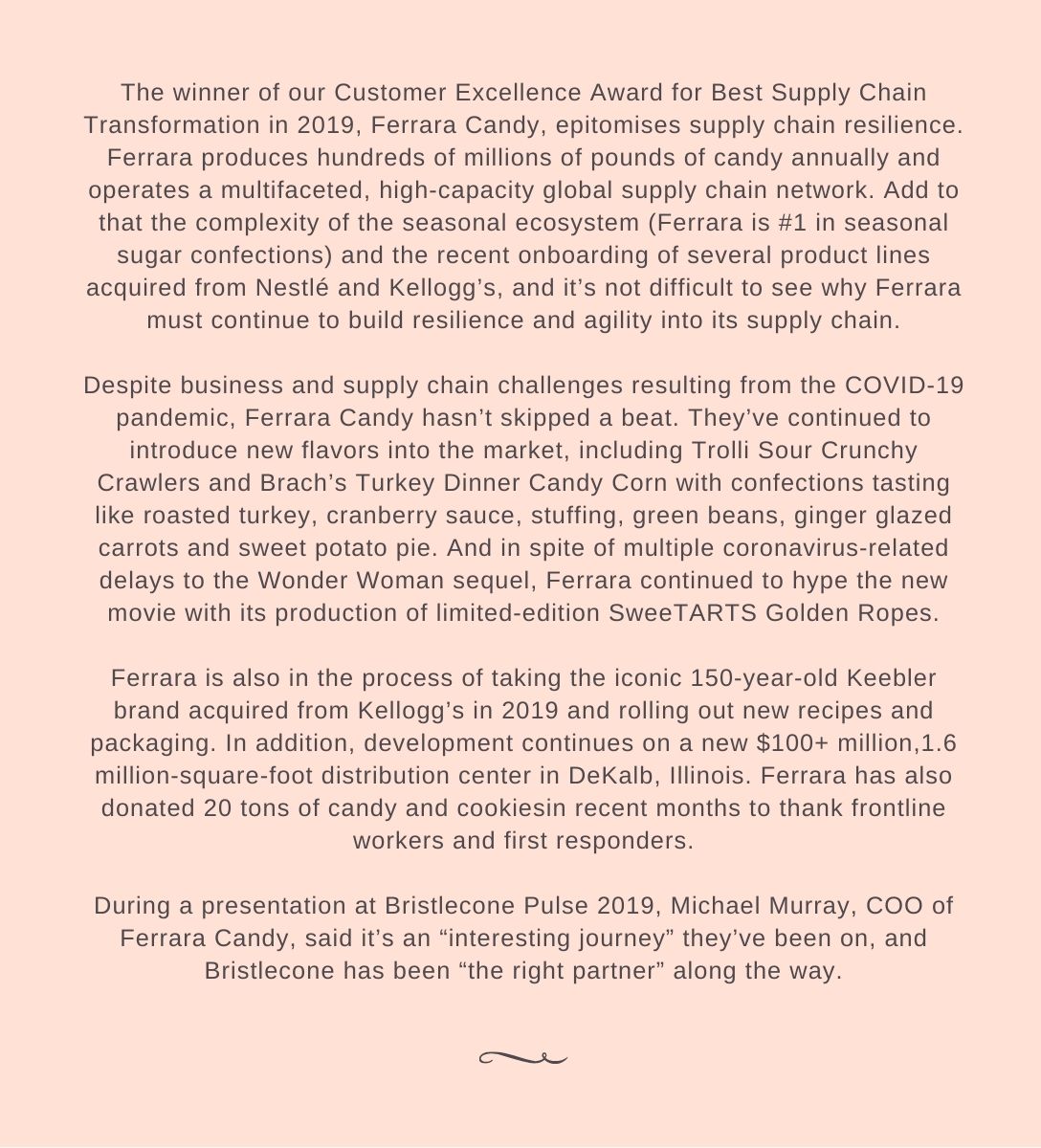
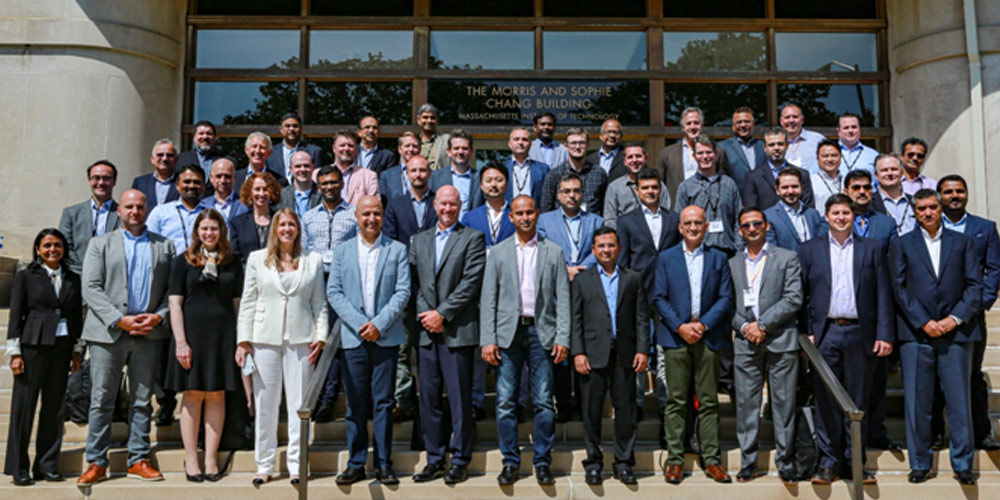

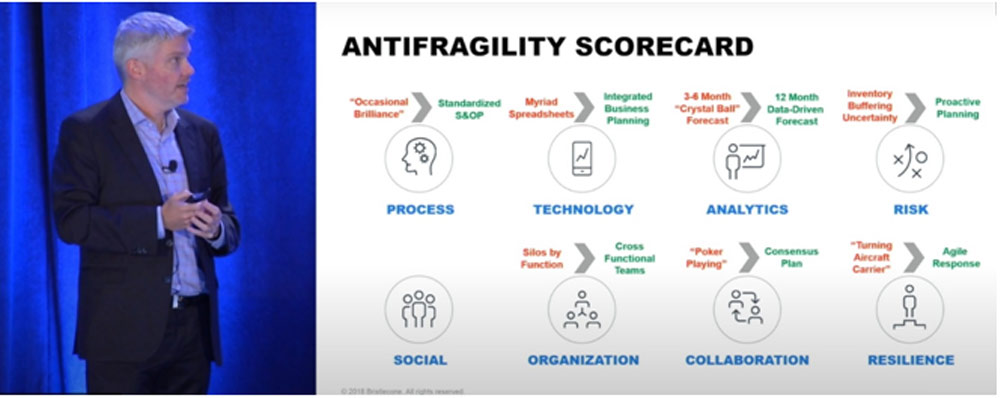
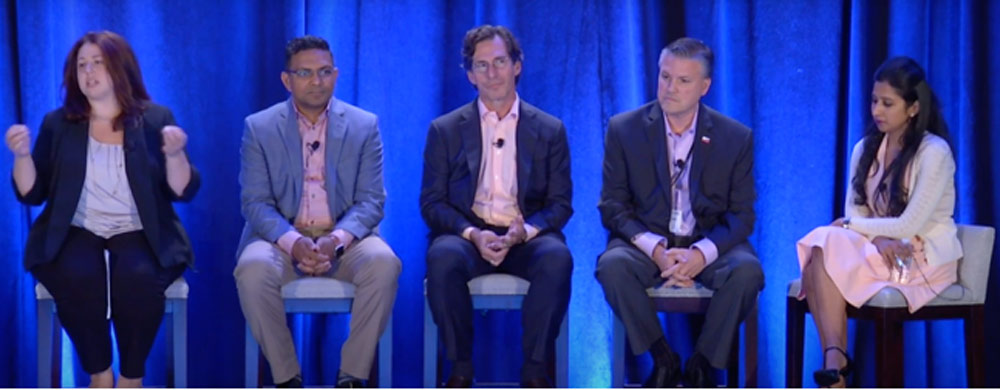
You can also share your thoughts in the Comments section below!




